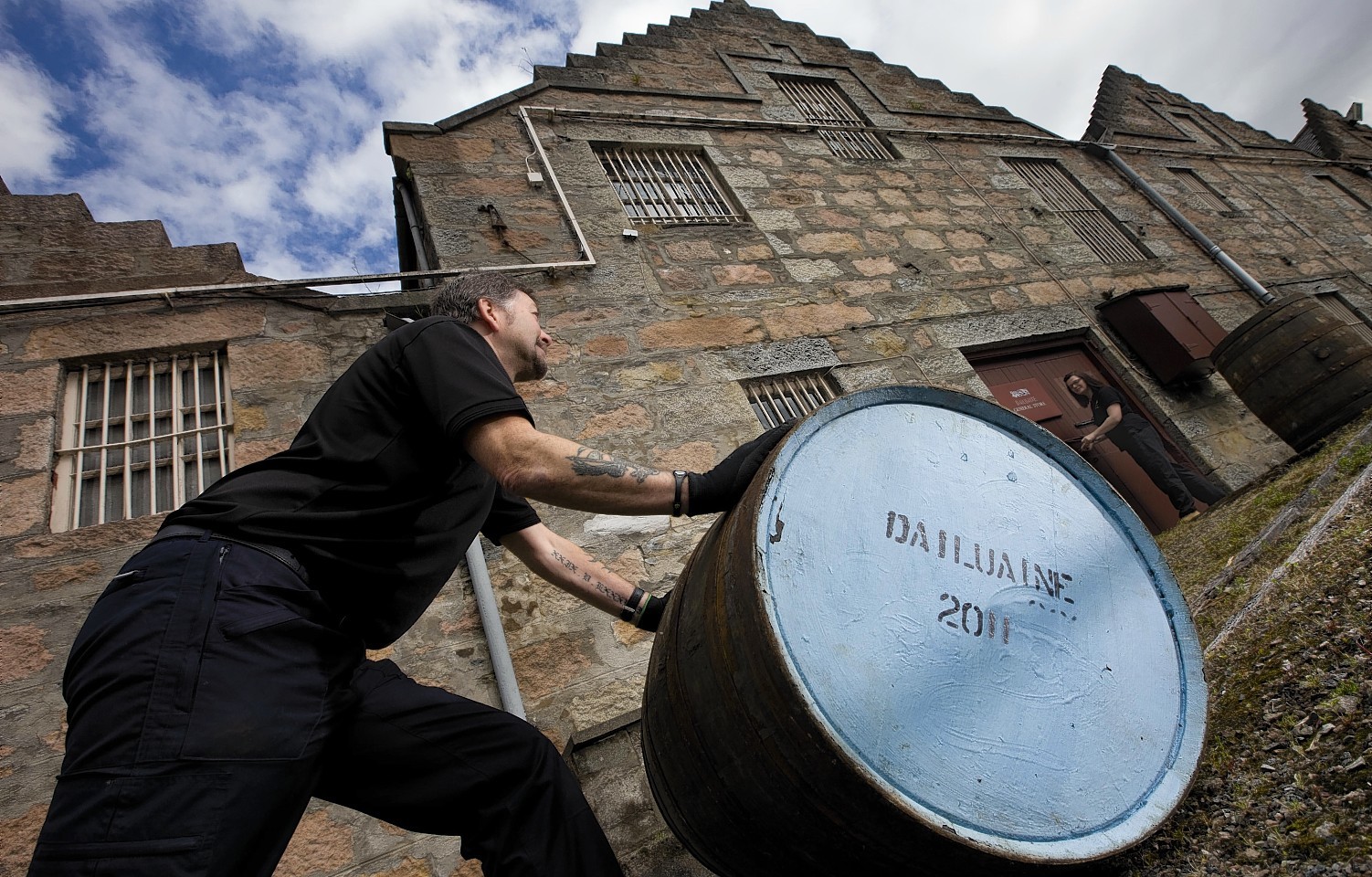International drinks giant Diageo has hinted it will be open to sourcing genetically modified (GM) cereals in Europe if scientists give the technology the seal of approval.
The company’s head of procurement Angus Duncan said although the company was currently GM-free in Scotland, it would be open to using GM crops in the future.
“We will be very much led by the science community but to date we are GM-free within Europe,” said Mr Duncan at the Farming Scotland conference in Carnoustie this week.
The GM debate has intensified in recent months, with MEPs voting last month to allow EU member states to restrict or ban the cultivation of GM crops in their own territory.
The new legislation, which will come into force this spring, could also allow member states to push ahead and approve the use of GM crops by farmers.
Within the UK, politicians north and south of the border have differing views on the use of the technology.
Defra secretary Liz Truss is in favour of the technology and says UK farmers need GM to help them compete in a global market.
However, Scots farm minister Richard Lochhead has warned that Scottish farmers could face sanctions making it impossible to grow GM crops, even if the UK Government gives the technology the green light.
Mr Lochhead has said that although it would not be within the remit of the Scottish Government to determine whether or not farmers could grow GM crops, other measures would be put in place to make it too burdensome to do so.
Diageo, which produces brands such as Johnnie Walker, Smirnoff vodka and Guinness, operates across 50 sites in Scotland, employing around 12,000 people.
Mr Duncan said the company regards itself as a “major supporter of local agriculture and Scottish farmers” sourcing nearly half a million tonnes of wheat, malting barley and malt in Scotland.
Around 200,000 tonnes of malting barley, of which 90% is Scottish, is bought by the company through grain merchants. Farmers are offered three-year rolling contracts with the price based on the LIFFE November wheat price plus a premium.
All the wheat used by the firm in Scotland – 220,000 tonnes – is Scottish and sourced from three merchants. Farmers are given 5-year contracts based on the LIFFE futures market.
While, 85% of the 60,000 tonnes of malt sourced is Scottish.
Mr Duncan said prices paid to Scots farmers for their crops will always be based on the global market, rather than a special Scottish premium, in order to remain competitive.
He also called on industry to do more work in developing new malting barley varieties for future use.
“We don’t think there is enough research going into the new varieties coming through to make sure we are taking our interests forward,” said Mr Duncan.
